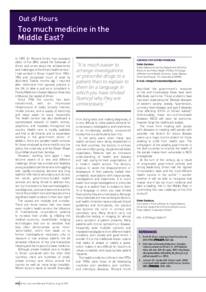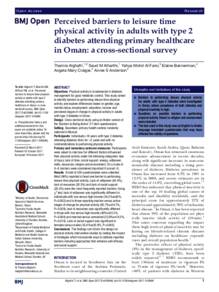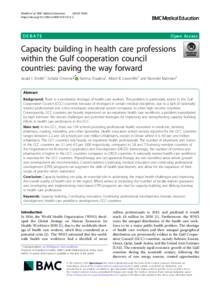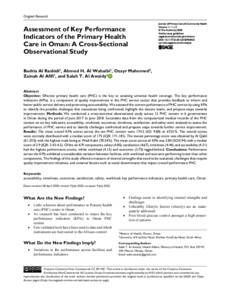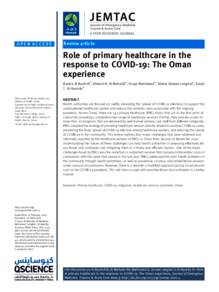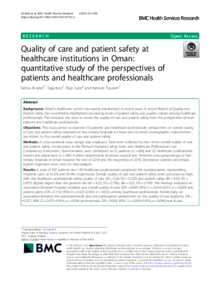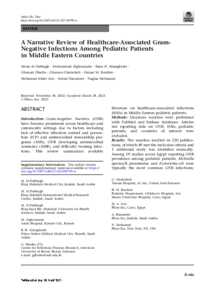Document
Too much medicine in the Middle East?.
Identifier
DOI: 10.3399/bjgp15X686197
Publisher
Royal College of General Practitioners.
Gregorian
2015-08
Language
English
English abstract
In 1987, Dr Richard Smith, then assistant editor of the BMJ, visited the Sultanate of Oman and wrote about the achievements and challenges of the Omani health service.1 I had worked in Oman myself from 1984–1986 and recognised much of what he described. Twelve months ago I returned after retirement from general practice in the UK, to take a post as a consultant in Family Medicine in Sultan Qaboos University in Muscat, the capital of Oman. Since 1986 the country has been transformed, with an impressive infrastructure of roads, schools, internet, mobile phones, and a supply of electricity and clean water to every household. The health service has also developed a sophisticated network of health centres, polyclinics, and hospitals throughout the country. Health care is locally available and free to all Omanis and to expatriates working in the government sector. In addition, there are parallel health services for those employed by the armed forces, the police, the university, and the Diwan (Royal Court Affairs) and their families.
Member of
ISSN
0960-1643
Resource URL
Category
Journal articles

